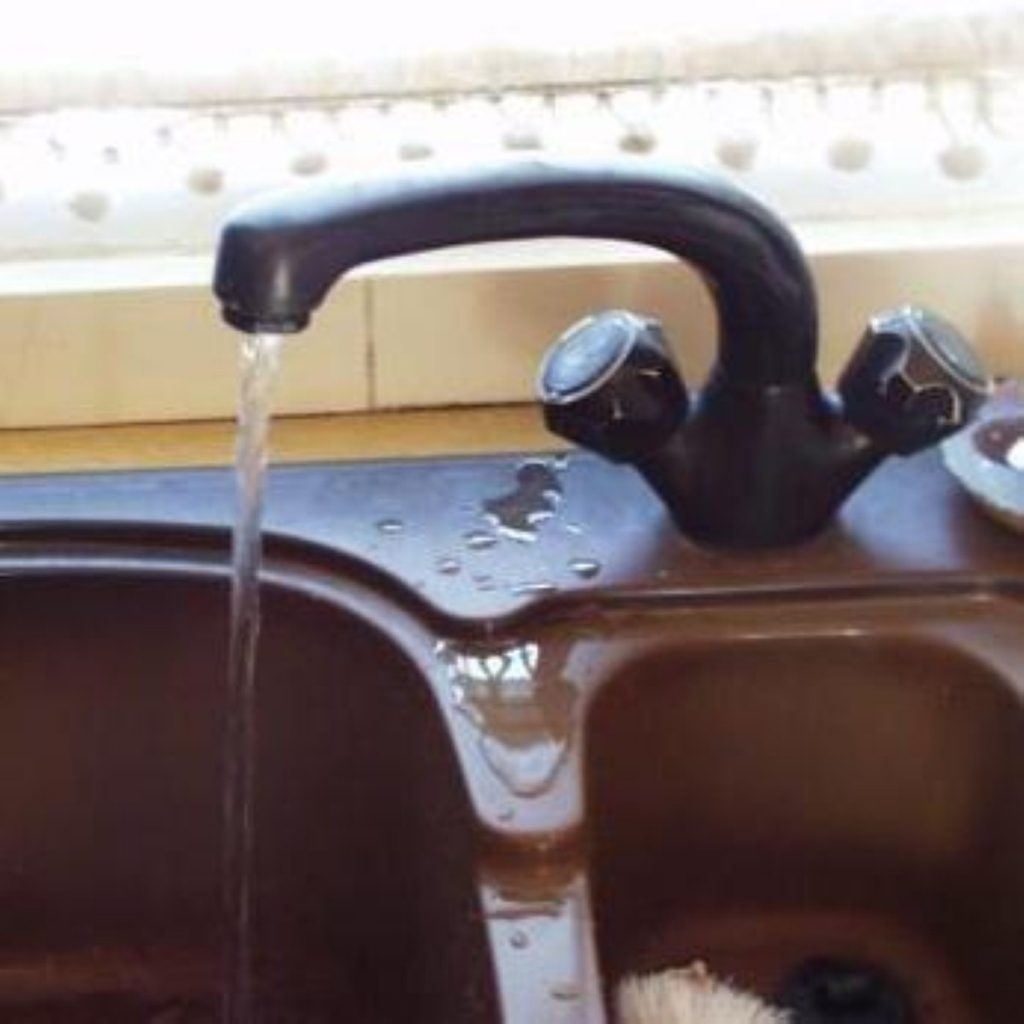‘Tap not bottle’ for healthy teeth
Children brought up on bottled water rather than fluoridated tap water may miss out on protection from tooth decay, according to new research by Newcastle University.
The researchers, from Newcastle University’s School of Dental Sciences, found that bottled water is unlikely to contain enough fluoride to protect children’s teeth from decay and unpleasant extraction procedures.
Only some areas of the UK, including Newcastle, have fluoride routinely added to the tap water supply. On Monday, MPs voted in favour of controversial new legislation that will make it easier to allow health agencies to force water firms to add fluoride to supplies, in consultation with local people.
Tests on 25 popular brands of water showed children who drink and have their food cooked in bottled water consume between 26% and 48% less fluoride than those drinking fluoridated tap water.


The team also reports in the British Dental Journal that labelling of the fluoride content in bottled water was found to be inaccurate in most of the brands tested.
The paper reports a steady increase in the consumption of bottled water in the UK, from 800 million litres in 1995 to 1.39 billion litres in 2000. A further 70% increase in consumption of bottled waters is expected over the next five years.
The British Dental Association is in favour of fluoridation, as scientific adviser Professor Liz Kay explains: ‘Children drinking fluoridated water and practising a good tooth brushing regime significantly improve their chance of enjoying good health and avoiding unnecessary and painful dental work.’
But some pressure groups claim fluoride can cause cancer, osteoporosis and genetic damage. The National Pure Water Association argues blanket fluoridation is illegal, violating several EU Directives, the EU Human Rights Convention, the Convention on Biomedicine and the UK Poisons Act 1972.












